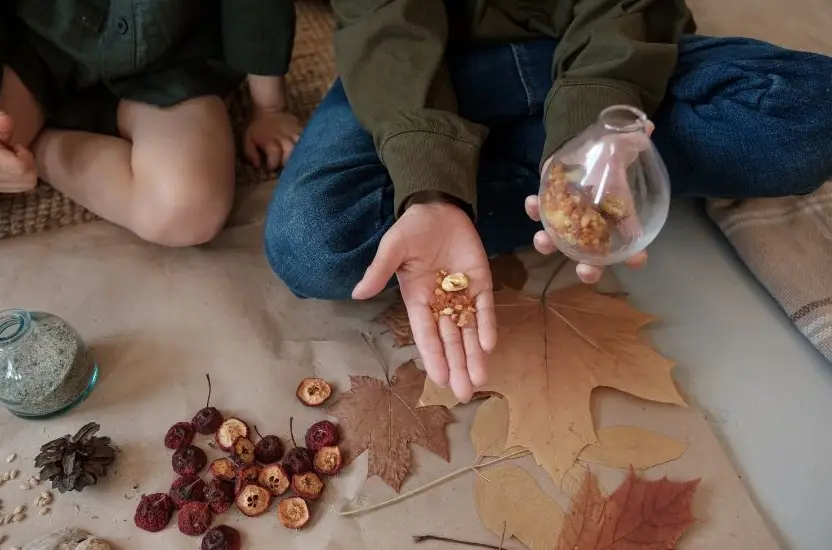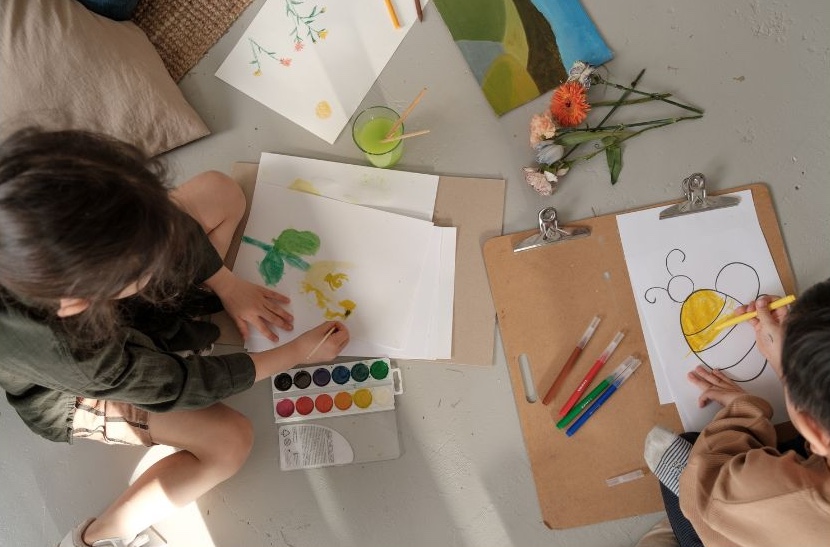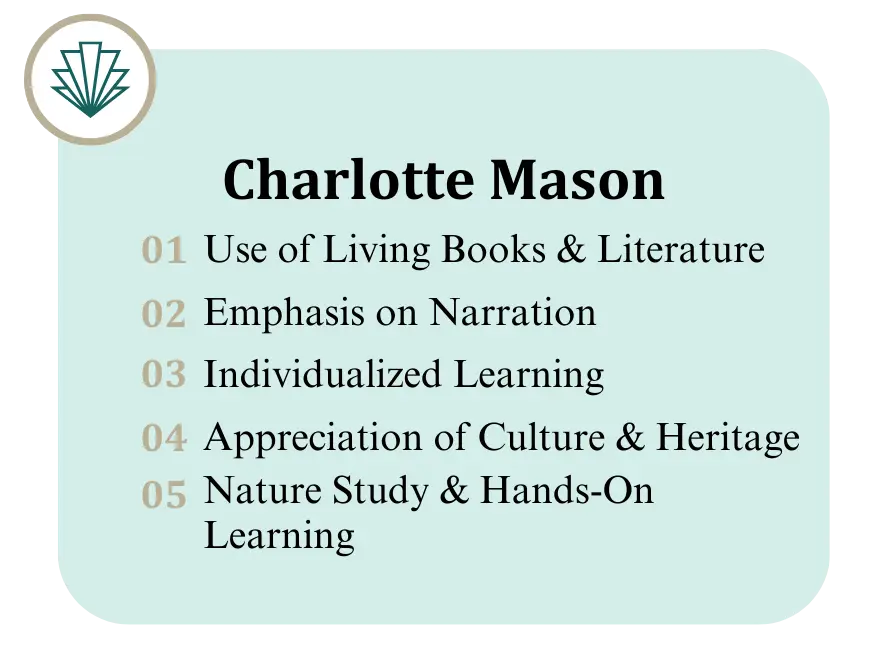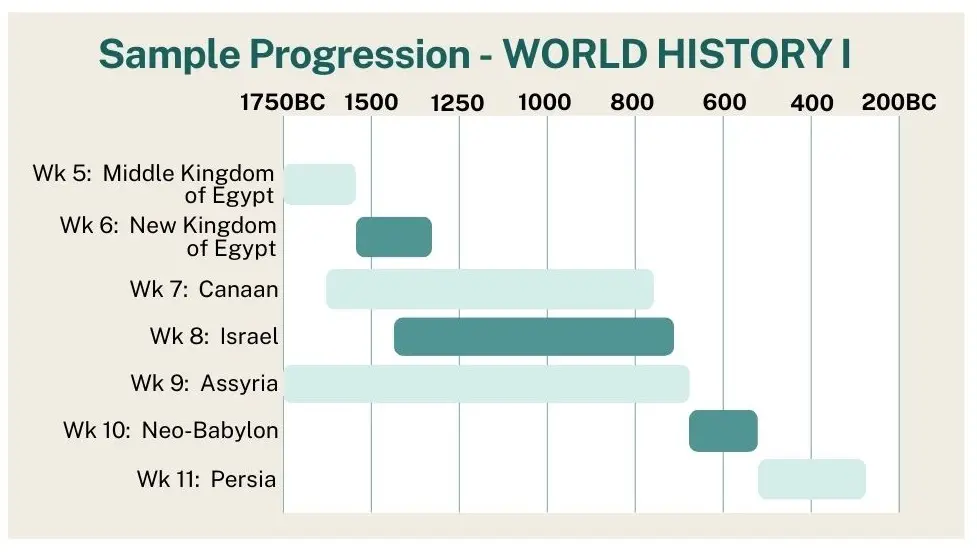



Our Educational Philosophy
The Comm. Central curriculum integrates the Charlotte Mason educational philosophy in these five ways.



THE USE OF LIVING BOOKS AND LITERATURE:
The Charlotte Mason philosophy uses living books—works written with passion by authors who love their subject, in contrast to dry textbooks—and literature to achieve moral and spiritual development by exposing students to virtuous characters, timeless lessons, and stories that inspire reflection on character, faith, and life’s deeper meanings.

EMPHASIS ON NARRATION:
The Charlotte Mason philosophy emphasizes the use of narration as a powerful tool for learning, encouraging students to actively engage with and process what they’ve read or experienced by retelling it in their own words, which strengthens comprehension, memory, and critical thinking skills.

INDIVIDUALIZED LEARNING:
In the Charlotte Mason educational model, individualized learning is embraced through recognizing each child as a unique person, encouraging students to follow their natural curiosities and develop a personalized educational journey that honors their specific interests and learning styles.

APPRECIATION OF CULTURE AND HERITAGE:
Charlotte Mason believed in exposing students to the rich cultural heritage of human civilization in order to broaden perspectives, develop empathy, and cultivate an appreciation for human creativity and achievement.
The appreciation of culture and heritage is deeply woven throughout our curriculum.
While history is studied in a deliberate chronological progression, each week’s study focuses on a specific region or historical event, allowing students to fully immerse themselves in understanding the unique characteristics, challenges, and contributions of specific cultures and pivotal historical moments.



NATURE STUDY AND HANDS-ON LEARNING:
The Charlotte Mason educational model emphasizes nature study and hands-on learning by encouraging students to engage directly with the natural world, fostering curiosity, observation, and a deeper connection to God’s creation through outdoor exploration and experiential activities.
Students K4-2nd grade are enthralled with the natural world around them. Respecting this innate interest and stage of development, our science curriculum for this age group focuses on animals, rotating between studying flying and swimming creatures and land animals. See the chart below.
This is the time to
- Take up nature journaling
- Build animal habitats: birdhouses or insect hotels
- Go birdwatching
- Practice animal tracking
- Go on a nature scavenger hunt
- Take field trips to local zoos, farms, or pet sanctuaries
- Create a wildlife garden
In years 1 and 2 of the rotation, there are a wide range of options for family nature studies with life and earth science.
In years 3 and 4 of the rotation, older students who have younger siblings can memorize the chemistry and physical science memory fact and then enjoy animal studies with the rest of the family.
Want to learn more about how Comm. Central curriculum blends educational philosophies?
Follow the links to continue learning.
